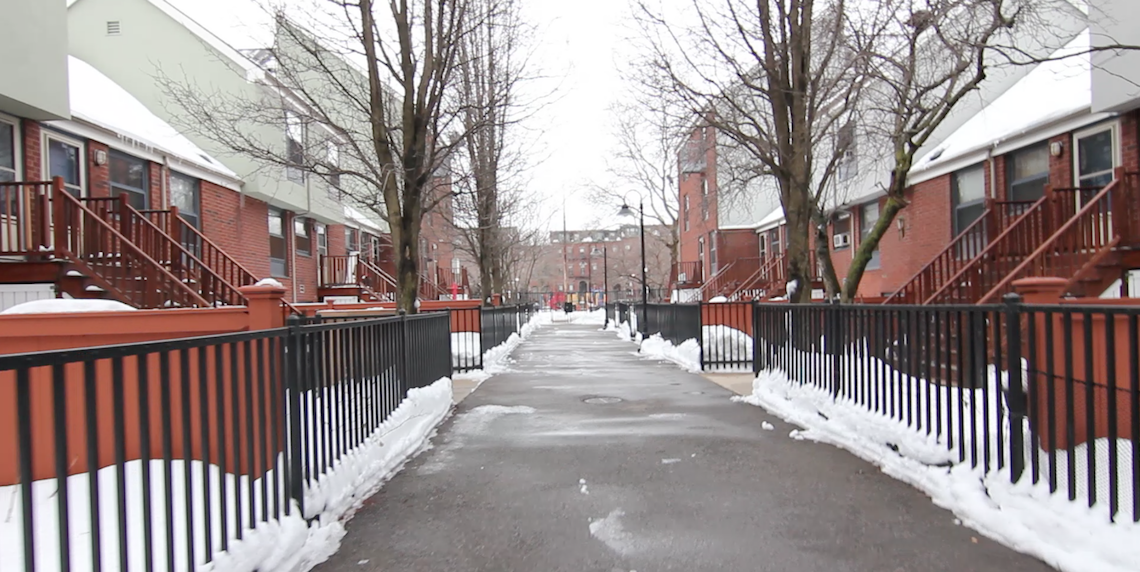
- On March 29, 2017
- In Affordable Housing
Why Boston Needs Low-Income Housing Tax Credits
At IBA, we continue to watch the changes the Donald Trump administration and Congress will have on affordable housing. One topic we are watching closely is tax reform and its possible effect on the Low-Income Housing Tax Credit (LIHTC) program. Created 30 years ago, the LIHTC is a federal program that issues tax credits to state housing agencies. In Massachusetts, the Department of Housing and Community Development is the allocating agency for tax credits. The Department awards these credits to developers, who then seek investors to help pay for their projects. This program has been a key component in the development and preservation of affordable housing in the United States. In 2016 alone, the Massachusetts Department of Housing and Community Development awarded more than $31 million in low-income housing tax credits. The Boston Globe recently reported there is concern over President Trump’s proposed tax reform, as it could cause investors to scale back how much money they put into LIHTC. A decreased value in the credits could lessen interest from investors, and more importantly, hurt the progression of key affordable housing projects around the Commonwealth. Here in Boston, Mayor Walsh’s Imagine Boston 2030 plan lays out an ambitious agenda to create 6,500 new affordable units by 2030. The Boston 2030 3rd Quarter Report for 2016 revealed that the housing initiative has produced 422 units for extremely low-income families; 1,467 units for low-income families; and 284 units for low-income elderly individuals. It would be unfortunate to have a setback to this progress based on changes to LIHTC. As a proud affordable housing developer, IBA has created homes for low-income residents for nearly 50 years, housing more than 1,200 residents in Boston. As the cost to live in the city continues to skyrocket, it is crucial that we continue to move forward with creating living options for all residents. We have made great progress at the local level in preserving affordable housing. Boston’s leaders are committed to creating new affordable units as part of the Imagine Boston 2030 plan. For example, we have recently increased linkage fees and passed the Community Preservation Act. A cut to LIHTC would be a major setback to the great progress that’s been made. We are proud to develop housing opportunities for low-income households and minority residents in Boston. For more information on how you can support IBA, please visit our donation page: /donate/....
